This is an audio transcript of the Rachman Review podcast episode: ‘Does the UN still matter? With António Guterres’
Gideon Rachman
Hello and welcome to the Rachman Review. I’m Gideon Rachman, chief foreign affairs commentator of the Financial Times. This week’s podcast is about the future of the United Nations. My guest is António Guterres, the secretary-general of the UN. Guterres has one of the world’s most daunting in-trays. He’s trying to organise the global response to climate change, refugees, famine and future pandemics, as well as the wars in Gaza, Ukraine, Sudan and elsewhere. But with the UN Security Council bitterly divided, agreeing on co-ordinated international action on any of those subjects is very difficult. So can the UN still make a difference?
[MUSIC PLAYING]
António Guterres voice clip
Our world is becoming unhinged. Geopolitical tensions are rising. Global challenges are mounting. And we seem incapable of coming together to respond.
Gideon Rachman
That was António Guterres speaking to the United Nations last year. Few would dispute his argument that the world does seem unable to respond to many of the big global crises. But the secretary-general’s critics say that it should be his job to overcome the obstacles and get the world working together. Easier said than done, perhaps.
But Guterres will have more opportunities soon. This weekend, he’ll convene a Summit of the Future, which will happen just as world leaders assemble for the annual meeting of the UN General Assembly in New York. When I spoke to the UN secretary-general earlier this month, he was just back from another international summit, the Pacific Forum in Tonga. And climate change and rising oceans were very much on his mind.
António Guterres
This visit to the Pacific was essentially based on two reports: published on sea level rise and looking into the impacts of sea level rise in the highlands of the Pacific because sea level rise has increased since the ’90s by about 10 centimetres. In the Pacific it’s 13 to 15 for a number of reasons that have to do with the melting in Antarctica and other physical conditions.
The drama is that the sea level rise is now at double the level of the ’90s. It is accelerating and we are getting close to some tipping points. We believe that if we reach the two degrees Celsius and increase temperature, we will have a massive acceleration of melting in Greenland and West Antarctica and that of course will completely change the rules of the game. So the situation of the highlands of the Pacific, some of them are atolls and are in risk of disappearing. Others that are higher are having serious coastal problems and they are having to move people from villages close to the sea further inland.
And the truth is that most of the population of the world is in coastal areas. So cities like Lagos, Shanghai, New York, Bangkok are really growingly threatened by sea level rise. I had the opportunity to meet the Shanghai authorities in my recent visit to Shanghai, and they already have a meaningful plan of adaptation in order to protect the city in relation to sea level rise. This shows that there is a growing conscious of the dramatic potential impacts of sea level rise unless we are able to keep the temperature rise at 1.5 degrees and we are at the limit.
Gideon Rachman
So when you were in the Pacific, I mean, there were also at that summit high-level representatives from the US, deputy secretary of state, from China and so on. So did you get an opportunity to talk to them about climate change or put it another way, do you have any sense that the largest economies in the world are ready to move faster, which is something you urged?
António Guterres
First of all, we would need a very solid discussion between developed countries and emerging economies because developed countries and emerging economies, let’s say the G20, represent 80 per cent of the emissions. And until now, we have had a situation that is a blame game in which developed countries will say, basically, we are now drastically reducing our emissions. It’s time for emerging economies to do the same. And you have emerging economies saying, well, you have polluted for decades or centuries. You are more developed. Now we need some margin to accelerate our development.
And on the other hand, if you measure emissions by consumption, instead of measuring by production and you have moved your production mainly into the developing world, then the emissions are much higher in the developed countries than in the emerging economies. Of course, there is a principle of common but differentiated responsibilities. It’s normal that emerging economies come after. But we absolutely need to have a drastic reduction of emissions in these decades, both in developed countries and in emerging economies. Both in the US and in China, but also in Europe, in India, in Indonesia, in many other countries.
And this dialogue is not being sufficiently put on the table. We had some good experiences with South Africa, with Indonesia and with Vietnam in relation to the reduction of coal, with support of the international community. But the serious negotiation and the serious discussion to put together all the technological resources and the financial mechanisms mobilising international financial institutions that we can use, a serious discussion to make both developed countries and emerging economies drastically reduce emissions, we are not yet there.
Gideon Rachman
Yeah, I mean, I think many climate experts would agree with the clarity of that analysis and would say it’s very helpful that you as UN secretary-general speak so clearly on this. But as well as identifying the problem and urging action, is there anything more the UN can do to actually get things done?
António Guterres
Well, as a matter of fact, we are working hard at the present moment with the two Cop presidencies, the Azerbaijani and the Brazilian and especially with Brazil that leads the G20. We are having very serious discussions in order to try to put a lot of pressure in relation to the key actors to a much more responsible behaviour facing climate. Brazil is in a good position to do so because as you know, most of its electrical production is renewable. And having now the president in G20 and the president of the Cop next year, we are working very intensely with Brazil to create a common initiative to put pressure on other developed and emerging economies in order to make sure that we have the so-called nationally determined contributions, which means the national action plans that will be presented next year fully aligned with 1.5 degrees and covering all sectors of the economy. And this is a battle. It’s the fundamental battle of next year.
Gideon Rachman
And I mean, I guess one of the big problems in dealing with these very urgent but relatively long-term problems like climate change is that your agenda is also full of immediate crises, one of which is Gaza, which must be taking up a lot of your time.
António Guterres
Well, it’s true that international public opinion in general and the political attitude of governments have been, to a certain extent, diverted to the serious security crises that we are witnessing with the war in Ukraine, with the situation in Gaza and others. But the emergency question that climate change represents really requires a very strong attention now. It’s now. Even in the present circumstances, we will have very probably one year of overshooting of 1.5 degrees until the end of the decade.
That is not dramatic, an overshooting, provided that there is drastic action to correct things, allowing the overshooting to end as quickly as possible. But at the same time, the acceleration of sea level rise, the bleaching of corals, the melting of glaciers, the melting in Greenland and in West Antarctica, the dramatic multiplication of storms of all kinds make, in my opinion, the question of climate change as serious for us all as the conflicts that have, I would say, taken large parts of the attention of the political leadership in the world. Climate change is the existential threat of our time. And it is, in my opinion, the most dramatic problem that we are facing today.
Gideon Rachman
Do you have any confidence that people will act quickly enough? People have been talking about the need for urgent action for 25, 30 years. And if you go to do it in the next year or two, why is there any grounds for hope?
António Guterres
I have two sources of hope. One is technological evolution. Now the cheapest energy is renewable. We have had a growth in renewables in the production of electricity. That is the highest growth ever registered in electrical production in the world. We see electric cars multiplying very quickly and we see that other very important technological discoveries and evolutions that make climate action the right thing to do from an economic point of view. And this is, of course, a source of hope.
The second source of hope is with the young generation and the growing pressure of the young generation in relation to political leadership because it is clear that they will pay most of the price and they have the moral authority and they are having more and more mobilisation in that regard. In the meetings we are preparing, we see a growing presence of young people and of young people that is organised and organised in a way that, especially in the democratic countries where the elections, will become an important source of political pressure.
Gideon Rachman
OK. So let me try a question on Gaza though. Clearly there are international negotiations going on, but they’re being hosted by Qatar, not — as some might hope — by the United Nations. Why isn’t the UN able to be more active on this?
António Guterres
Well, as a matter of fact, you can only negotiate between two parties if the two parties are ready to accept you as the negotiator. And that is not the situation. Neither Israel nor Hamas want the UN involved in negotiation of a ceasefire. Qatar has a leverage that comes from the fact that Qatar has relations with Hamas and relations with Israel and is accepted by both sides. And working together with Egypt and the United States, they are the ones that are trying to broker this extremely difficult ceasefire.
Unfortunately, both the ceasefire and the release of hostages that, by the way, should be unilateral because hostages are unacceptable in all circumstances, these negotiations, unfortunately, are not leading to any solution. And we are going on seeing in Gaza the most dramatic level of deaths and destruction that I have seen in my times as secretary-general and in a way that is creating a situation from which it will be extremely difficult to recover, especially if Israel remains determined to avoid the two-state solution, as we see with the activities taking place in the West Bank, in which there is clearly an intention to progressively undermine the possibility of a two-state solution with both Gaza and the West Bank, including East Jerusalem.
Gideon Rachman
You mentioned that Israel was not prepared to accept the UN as a player in the negotiations, and they’ve made some very bitter accusations against the UN about its role in Gaza. Do you think the UN got anything wrong in the way it behaved in Gaza over the last 20 years? Should they have done more to somehow stop what Hamas were doing?
António Guterres
Well, as a matter of fact, if there is education in Gaza, and by the way, the school year is starting exactly now, 630,000 children for the second year will not be at school in Gaza. But if there has been education in Gaza, if there has been health in Gaza, it’s because of the UN. It’s not the occupying power that has dealt with the social needs of the population. It was the UN, so UNWRA. And in recent times, with all the difficulties, with all the problems, with all the obstacles that were put, now evacuations in which even the areas where the UN as its essential organisational capacity have to be evacuated from one place and then from another, with all the restrictions that were made, the truth is that the UN remains the organisation that was able to provide the minimum assistance that the population in Gaza has benefited.
So we will be determined to do our best to support the population in distress and in terrible health situation, food security situation. We will do our best, whatever the difficulties, but at the present moment it is clear that nobody is able to provide the level of humanitarian assistance that would be necessary in Gaza.
Gideon Rachman
Turning to the other big conflict, you mentioned Ukraine. Again, what role for the UN in that, if any?
António Guterres
Well, we have, as you know, developed several actions when our role was accepted by those parties. I’m remembering the release of the people that were in Azovstal. I’m reminding the Black Sea Grain Initiative. But neither Ukraine nor Russia has shown every interest in a possible mediation of the UN in relation to ending the war. And I think we are very far from the end of the war and unfortunately that we have a situation that is stuck without any perspective of a solution in the short term.
But obviously our good offices are always available, but we are not optimistic at all about the possibility of serious peace negotiations between Russia and Ukraine in the near term. For us, that is a question of principle. I mean, we are the guardians of the charter and the charter is clear. The charter is clear about international law. The charter is clear about territorial integrity of countries. So you cannot ask the UN to abdicate from the values of the charter to enter in some kind of negotiation that would undermine that position of principle that for us is extremely important.
Gideon Rachman
But then you’re in a very difficult situation, aren’t you? Because Russia is a permanent member of the UN Security Council and has just violated the charter by violating the territorial integrity of Ukraine. How do you deal with the fact that they have such a powerful position and have violated the founding principle?
António Guterres
That’s one of the reasons why we believe that the Security Council has today a problem not only the effectiveness but the legitimacy. And that reform of the Security Council is one of the key elements of our proposals in relation to the Summit of the Future.
Gideon Rachman
Any chance of UN Security Council reform? Because people have been speaking about it for so long.
António Guterres
When I started my functions, it was a taboo. Today, I don’t think there is any speech that I make in the General Assembly in which I do not say that the reform is necessary. On the other hand, we have already the five permanent members recognising that there should be at least an African permanent member. And we see that the negotiations at the level of the General Assembly that are completely paralysed are slowly starting to move. So this is not something that will be solved from one moment to another. But I think that there is a growing conscience that there is a central question of legitimacy and of effectiveness of the Security Council.
And that together with the reform of the Bretton Woods system, the reform of many other multilateral institutions that were created after the second world war and do no longer represent world of today, the reform of the Security Council is a must if we really want to have a system of peace and security that works in the world.
Gideon Rachman
You particularly mentioned an African permanent member, but I guess others would say, well, which African country? And also if you’re talking about that, surely India should be a permanent member and then maybe a Latin American permanent member, yeah?
António Guterres
Yeah. Well, one thing that is clear is that you have three European permanent members in five. And Europe is not exactly three-fifth of the population of the world. You have UK, you have France, and you have Russia. You have only one Asian country that is China as permanent member. And obviously there are other countries in Asia that represent to the important contributions to international relations. You have no African and you have no Latin America. So it’s not difficult to think about one possibility of a reform with a meaningful increase in the number of members, non-permanent and permanent members in order to have a more balanced representation.
The question is a question of political will. There will be many spoilers in this process, as we know, but I think it’s our duty to go on asserting the need to make our institutions work. We cannot accept without doing anything that our institutions do not work.
Gideon Rachman
One more international crisis, if I may, because it’s often forgotten and lots of people say it could be the most severe of the lot. Sudan. How bad is the situation there? And again, what should be happening?
António Guterres
Sudan is in a horrible situation. You have, of course, one army and one set of militias that are fighting each other. They fight each other with support from all sides. There are more and more spoilers interfering with the situation in Sudan. There is no perspective of a serious negotiation. We had convened to Geneva, both sides, and we managed to have both sides in Geneva with the UN, which was quite an achievement that many others were not able to get.
But the truth is that there was no progress. Not even in humanitarian aspects and in protection of civilian experts, there was a way to have an agreement between the two sides. We are really stuck in a very dramatic situation with more and more spoilers from outside and with no indication from any of the generals and their supporters that they want any political solution. They just want to win the war.
Gideon Rachman
So to summarise, I mean, in some ways it’s a rather depressing survey of the world. We’ve just done, you know, tragedy in Gaza and tragedy in Sudan, no progress in Ukraine. Climate change is more and more threatening. Can you think of any causes for optimism for people listening to us?
António Guterres
It’s not a matter of being optimistic or pessimistic. Like Jean Monnet said, it’s a matter of being determined. We will not solve all problems of the world, but it’s our duty to do everything we can and to put all our energies in facing those problems. Together with the inequalities, together with the dramatic situation of large populations in the developing world, together with the lack of any significant governance mechanisms in relation to artificial intelligence.
I mean, the challenges are huge and probably many would give up. But I can tell you we will not give up. And we have no power, we have no money in the United Nations, but we have a voice and we have some convening capacity, as we have shown recently with the high-level advisory body on artificial intelligence and the conclusions that they presented and will be discussed in the Summit of the Future. So we are not giving up on any of those fronts and we will do our best.
And sometimes there is a surprise and sometimes we get something and we do our best to make sure that we mobilise as much as possible the conscience of humankind for the need for more equality, more justice and more peace.
[MUSIC PLAYING
Gideon Rachman
That was António Guterres, secretary-general of the United Nations ending this edition of the Rachman Review. Thanks for listening. And please join me again next week.

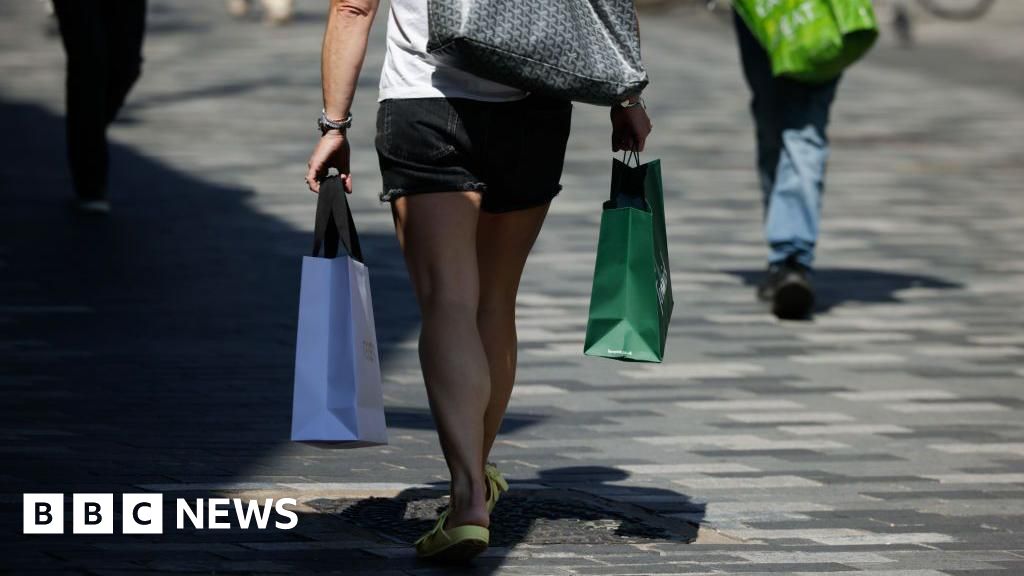

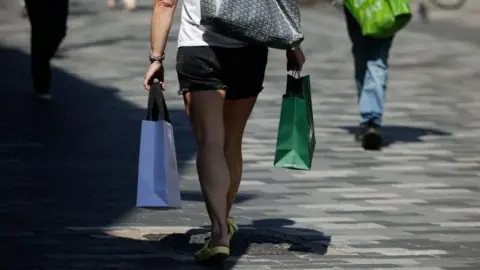
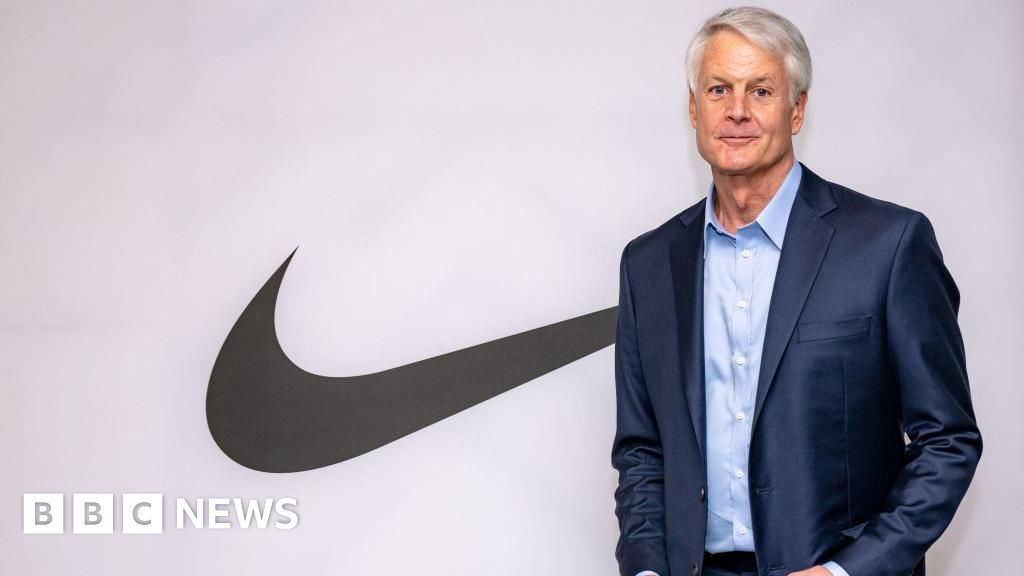














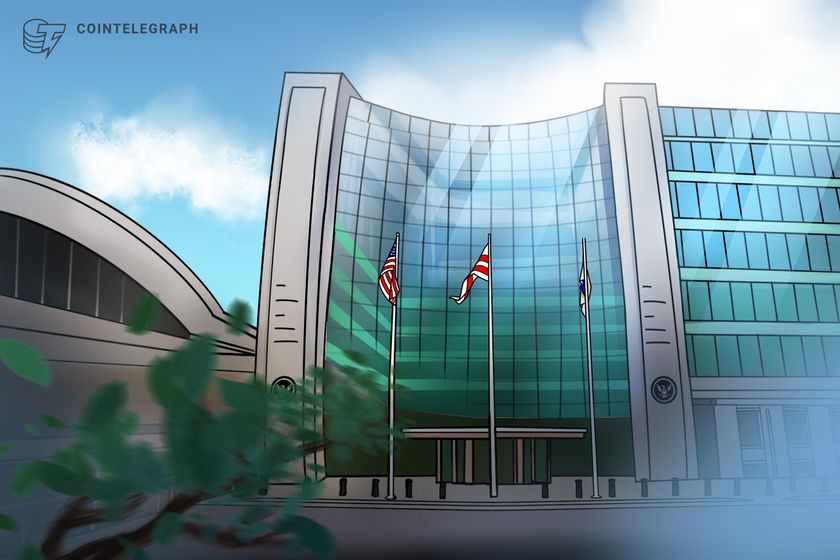









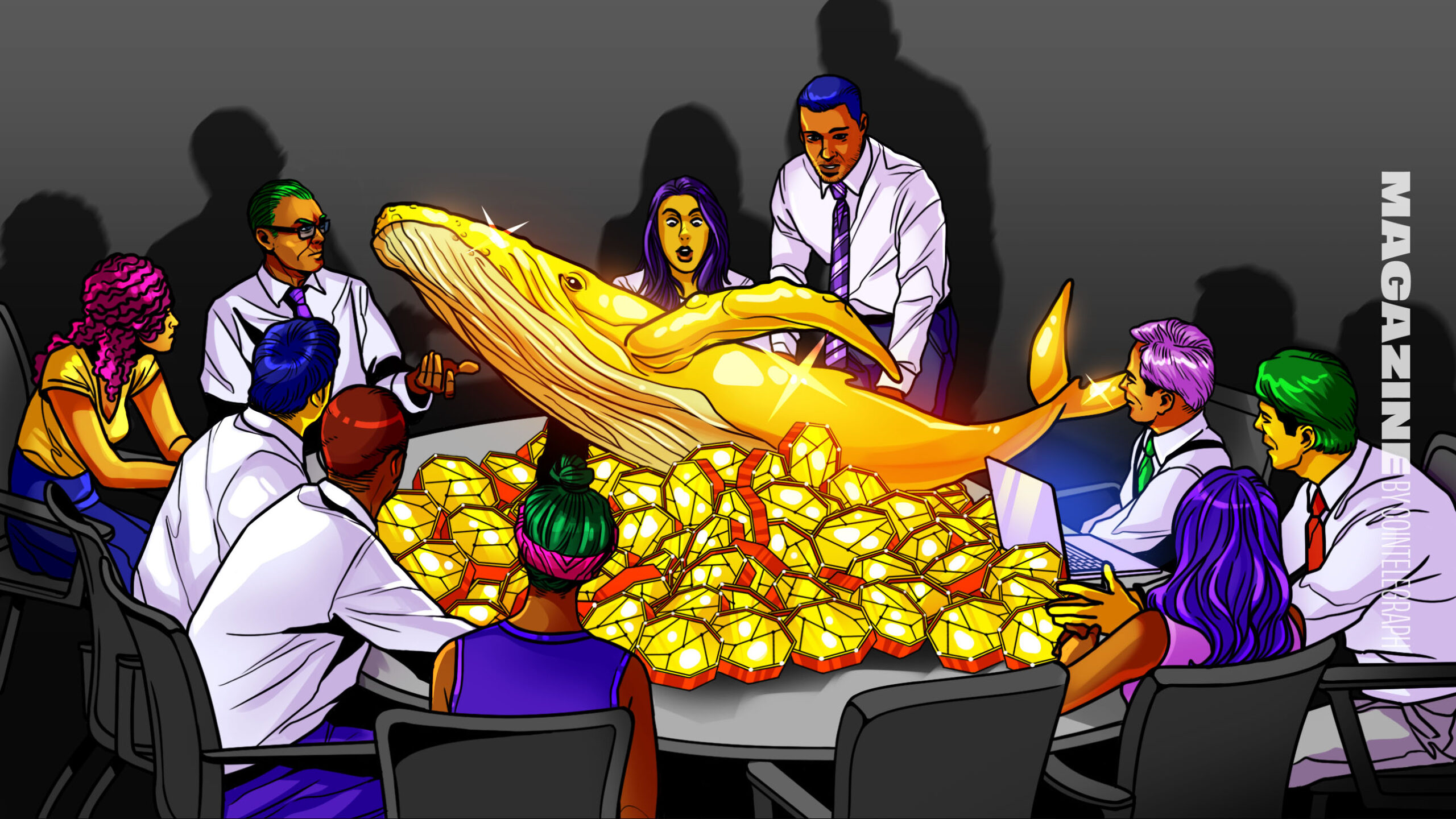







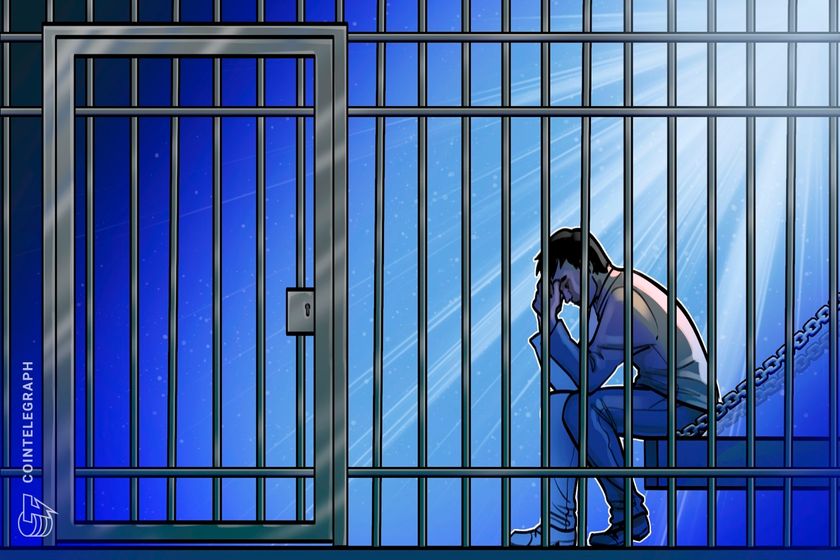














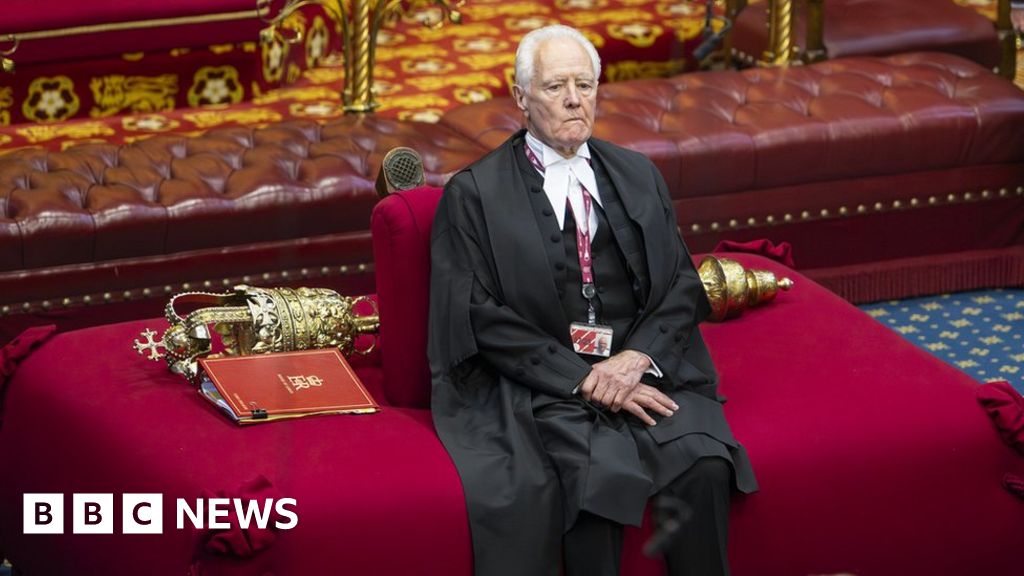




















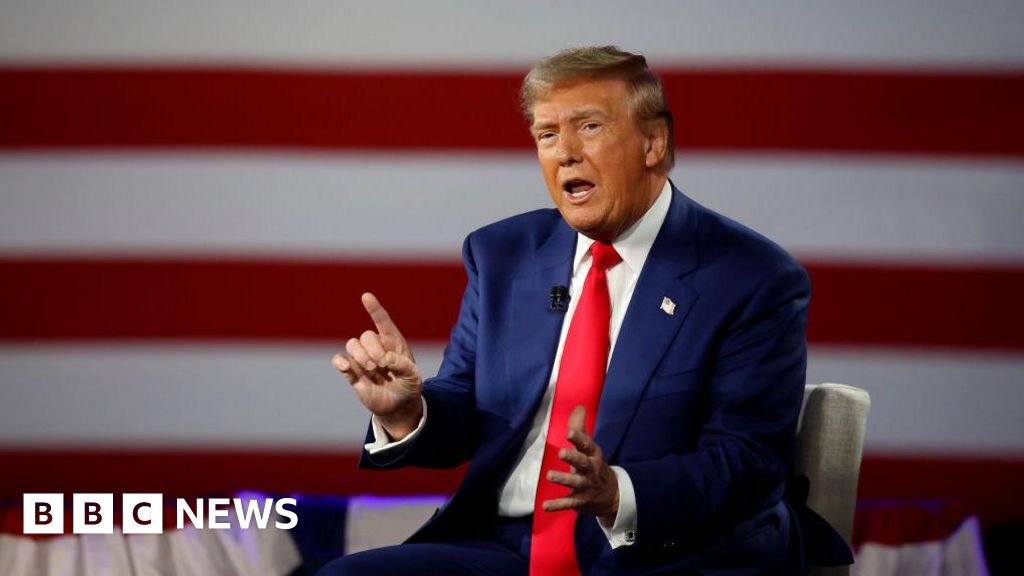
























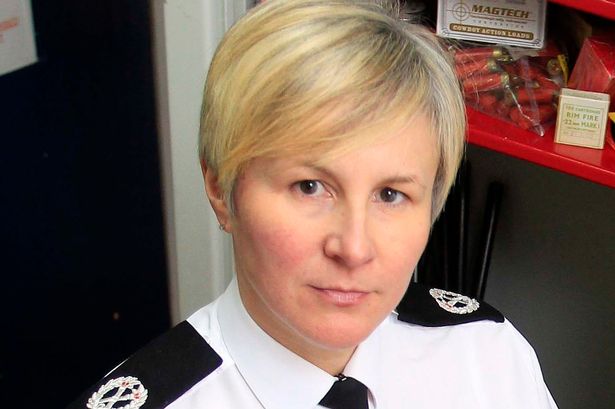





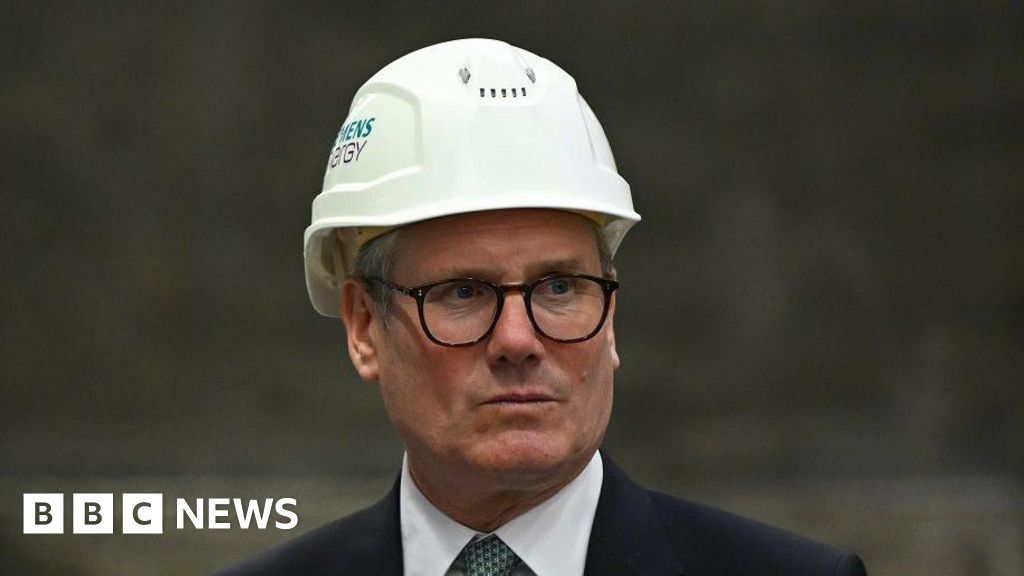






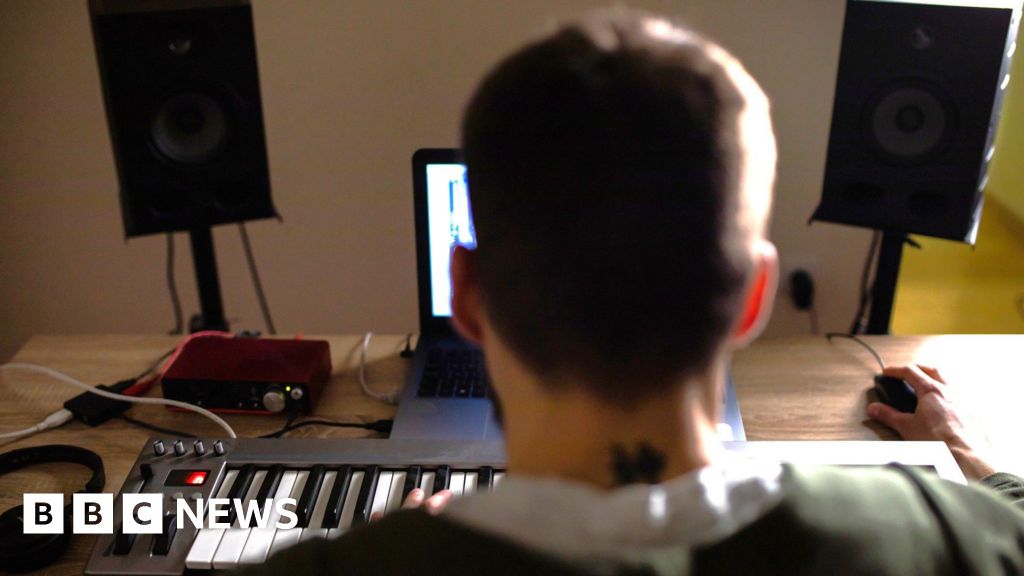











You must be logged in to post a comment Login